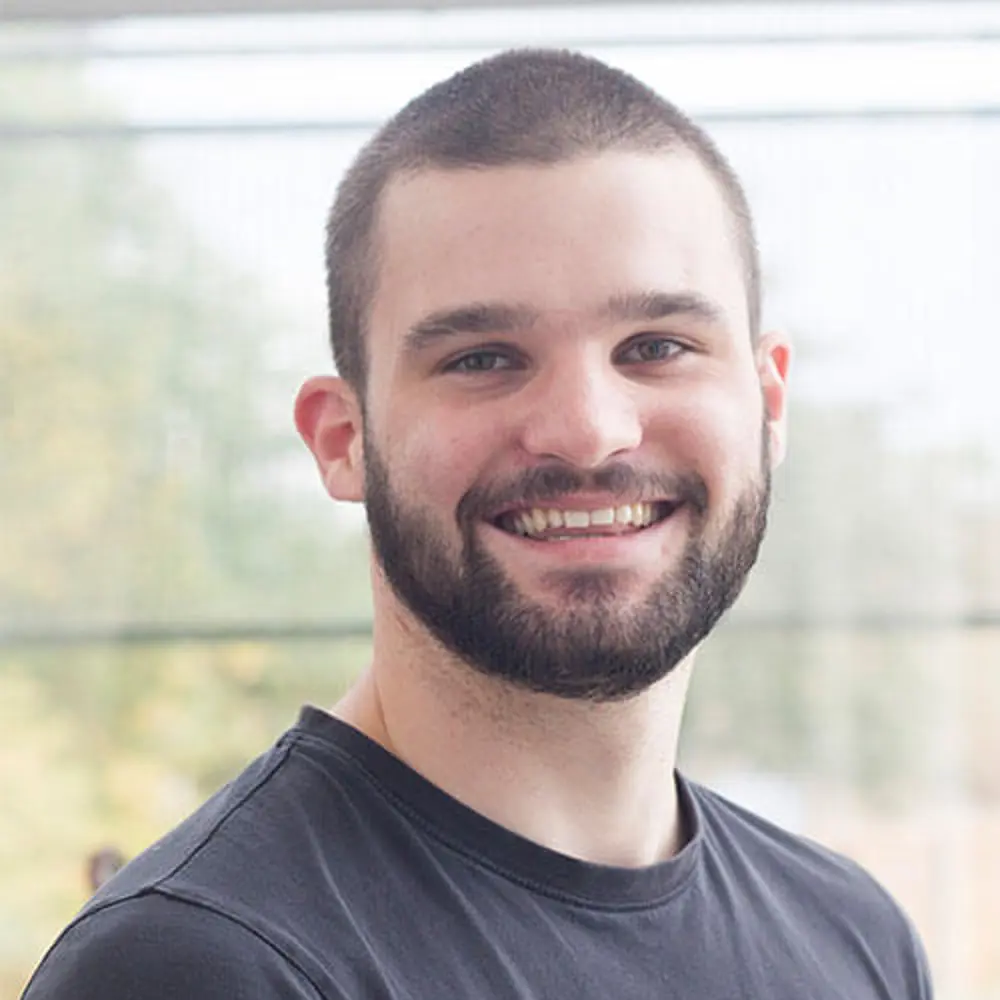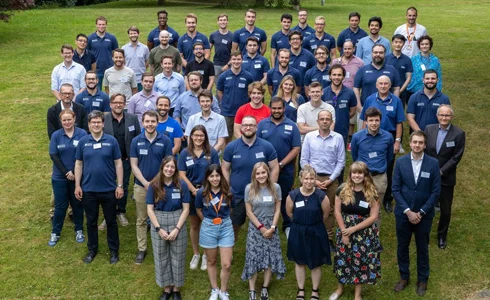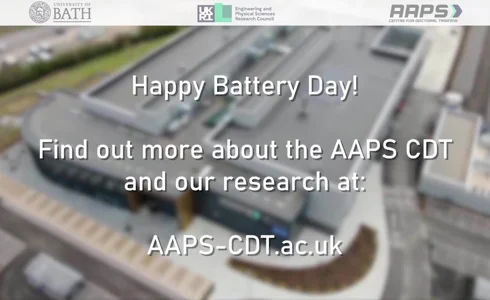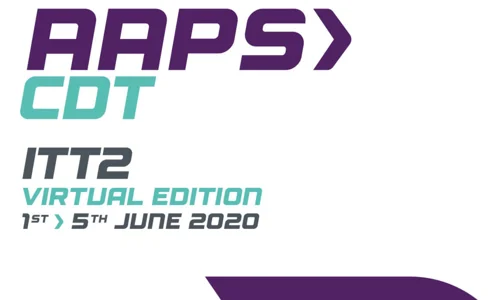
Dr Rob Gray
Theme
Propulsion ElectrificationProject
Electrolyte matrix materials for structural battery compositesSupervisor(s)
Dr Andrew Rhead, Prof Frank Marken, Dr Alex LuntIndustry Partner
GKNRob's Journey in AAPS: An Alumni Profile
Before joining AAPS, Rob was completing an Integrated master’s degree in Chemistry at the University of Bath. As part of his master’s, he spent a year in industry working as a Future Mobility Intern for Shell. During this time, he developed a deep interest in energy storage technologies for automotive applications, especially battery materials for electric vehicles. His master’s project, supervised by Prof. Saiful Islam, involved a computational modelling study to investigate the atomic scale properties of a novel battery material. This project sparked Rob's passion for continuing in this field, leading him to apply for the AAPS CDT programme.
PhD Focus
Rob's PhD, titled "Alternative Architectures for Structural Batteries", was supervised by Andrew Rhead, Frank Marken, Alex Lunt, and Chris Bowen with industrial partnership from GKN. His research focused on the development of new architectures and materials for structural batteries, which are a class of energy storage materials that allow for mass savings on a systems level by being able to simultaneously store energy and carry mechanical loads.
During his PhD, Rob was responsible for setting up a new Battery Innovation Lab at the University of Bath, which was equipped with a glovebox for battery cell assembly and an electrospinning rig for electrode fabrication. The highlights of his PhD were the development of a novel coaxial electrospun cathode material, and the multiple trips to Diamond synchrotron to carry out X-ray diffraction studies on carbon fibre anodes.
Looking forward
Since finishing his PhD Rob has been undertaking a Post Doctoral Research Associate position in Battery Systems at the University of Bath. This new role marks the beginning of an exciting chapter in his career as he aims to apply his knowledge of cell chemistry to develop our understanding of batteries at the systems level.
The reflection on AAPS
To Rob, AAPS is defined by its transdisciplinary nature, which plays an important role in achieving societal, environmental, and economic benefits. This holistic approach makes the program uniquely impactful.
The highlight of Rob's experience at AAPS was the strong sense of community. Like many PhD students, he often worked independently in a lab, which could feel isolating. However, the MRes year allowed him to build solid relationships and friendships with other CDT members. Attending various CDT events throughout his PhD kept him connected and greatly enhanced his overall experience.
Reflecting on his time in AAPS, Rob thoroughly enjoyed the experience. He valued the professional development opportunities he had, especially the soft skills such as communication, interpersonal, and organizational skills. These skills have been crucial in helping him kickstart his professional career, skills he might not have developed solely through his PhD research.


